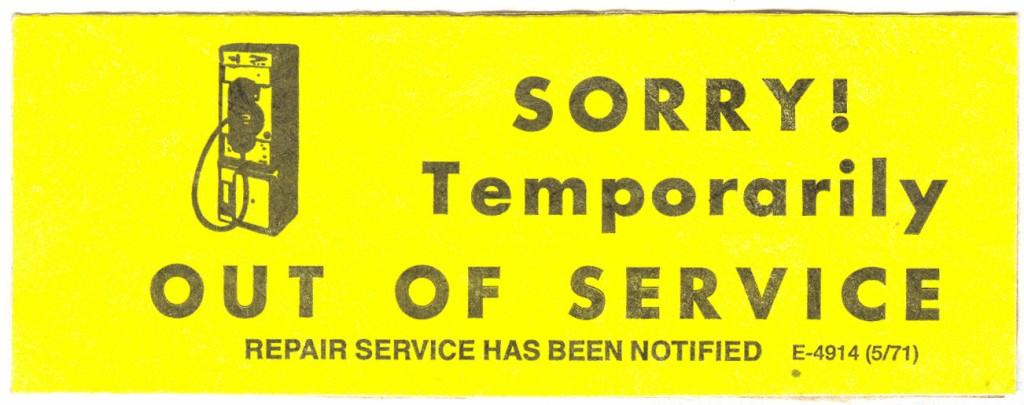Imagine that! A drug policy meant to address the problem.… has made some courageous and profoundly important recommendations in a report on how to bring more effective control over the illicit drug trade. The commission includes the former presidents or prime ministers of five countries, a former secretary general of the United Nations, human rights leaders, and business and government leaders, including Richard Branson, George P. Shultz and Paul A. Volcker.
The report describes the total failure of the present global antidrug effort, and in particular America’s “war on drugs,” which was declared 40 years ago today. It notes that the global consumption of opiates has increased 34.5 percent, cocaine 27 percent and cannabis 8.5 percent from 1998 to 2008. Its primary recommendations are to substitute treatment for imprisonment for people who use drugs but do no harm to others, and to concentrate more coordinated international effort on combating violent criminal organizations rather than nonviolent, low-level offenders.
These recommendations are compatible with United States drug policy from three decades ago. In a message to Congress in 1977, I said the country should decriminalize the possession of less than an ounce of marijuana, with a full program of treatment for addicts. I also cautioned against filling our prisons with young people who were no threat to society, and summarized by saying: “Penalties against possession of a drug should not be more damaging to an individual than the use of the drug itself.”
How did we go wrong? Continue reading








 So I happened to wake up and wanted to check something online.
No DSL service. (Yes, I rebooted the DSL modem.)
Determined the modem was working and the problem was beyond it in
AT&T’s network.
Thought maybe there’s a tree down on the line.
So I happened to wake up and wanted to check something online.
No DSL service. (Yes, I rebooted the DSL modem.)
Determined the modem was working and the problem was beyond it in
AT&T’s network.
Thought maybe there’s a tree down on the line.

